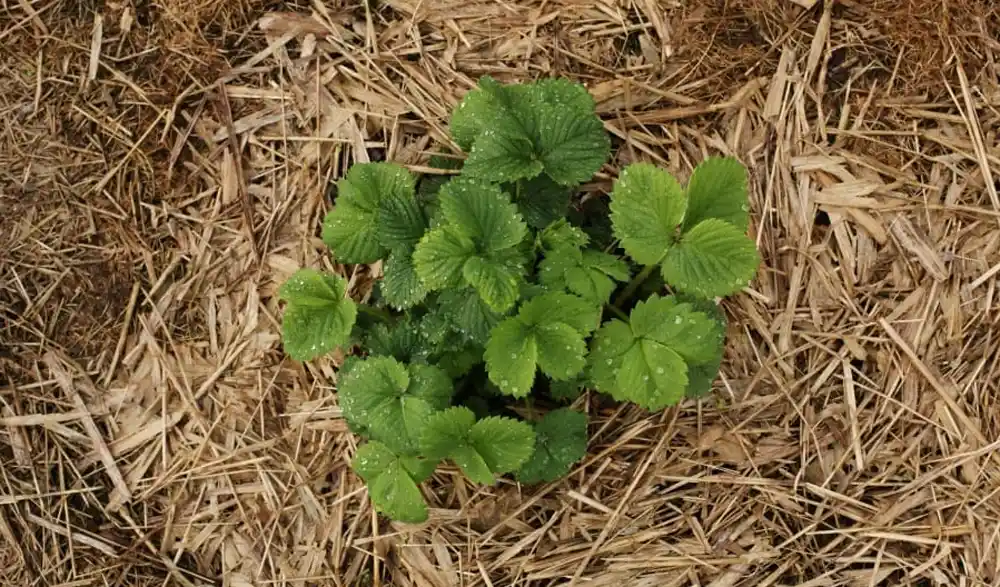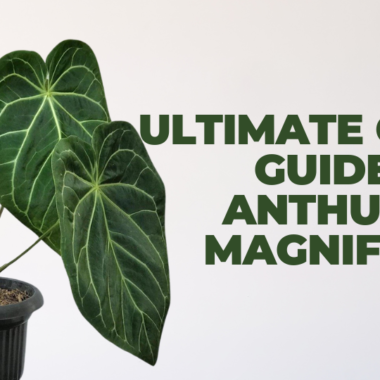Mulching is a great way to protect and nourish fruit plants. It helps to keep the soil moist, reduce weeds, and improve the overall health of the plant. Mulching also helps to conserve water, reduce soil erosion, and improve the soil structure. In this article, we will discuss the benefits of mulching fruit plants and provide some frequently asked questions about mulching.
What is Mulching?
Mulching is the process of covering the soil around a plant with a layer of organic material. This material can be anything from wood chips, straw, grass clippings, leaves, or compost. The purpose of mulching is to protect the soil from erosion, retain moisture, and provide nutrients to the plant. Mulching also helps to reduce weeds and keep the soil temperature consistent.
Benefits of Mulching Fruit Plants
Mulching is beneficial for fruit plants in many ways. Here are some of the benefits of mulching fruit plants:
1. Retains Moisture: Mulching helps to retain moisture in the soil, which is essential for the growth of fruit plants. The mulch acts as a barrier between the soil and the air, preventing the soil from drying out. This helps to keep the soil moist and prevents the need for frequent watering.
2. Reduces Weeds: Mulching helps to reduce the number of weeds that grow around fruit plants. The mulch acts as a barrier between the soil and the air, preventing weed seeds from germinating. This helps to keep the area around the fruit plants weed-free.
3. Improves Soil Structure: Mulching helps to improve the structure of the soil. The mulch acts as a buffer between the soil and the air, preventing the soil from becoming compacted. This helps to improve the drainage of the soil and allows the roots of the fruit plants to access more nutrients.
4. Conserves Water: Mulching helps to conserve water by preventing evaporation. The mulch acts as a barrier between the soil and the air, preventing the water from evaporating. This helps to reduce the amount of water needed to keep the soil moist.
5. Improves Soil Fertility: Mulching helps to improve the fertility of the soil. The mulch acts as a buffer between the soil and the air, preventing the nutrients from leaching out of the soil. This helps to keep the soil nutrient-rich and improves the overall health of the fruit plants.
FAQs
Q: How often should I mulch my fruit plants?
A: It is recommended to mulch your fruit plants once a year. This will help to keep the soil moist, reduce weeds, and improve the soil structure.
Q: What type of mulch should I use for my fruit plants?
A: The best type of mulch to use for fruit plants is organic material such as wood chips, straw, grass clippings, leaves, or compost.
Q: How deep should I mulch my fruit plants?
A: It is recommended to mulch your fruit plants to a depth of 2-4 inches. This will help to retain moisture, reduce weeds, and improve the soil structure.
Q: Can I use chemical fertilizers with mulch?
A: It is not recommended to use chemical fertilizers with mulch. The mulch will help to retain moisture and improve the soil structure, but it will not provide the nutrients that chemical fertilizers provide.
Mulching is a great way to protect and nourish fruit plants. It helps to keep the soil moist, reduce weeds, and improve the soil structure. Mulching also helps to conserve water, reduce soil erosion, and improve the soil fertility. By following the tips outlined in this article, you can ensure that your fruit plants get the best care possible.







